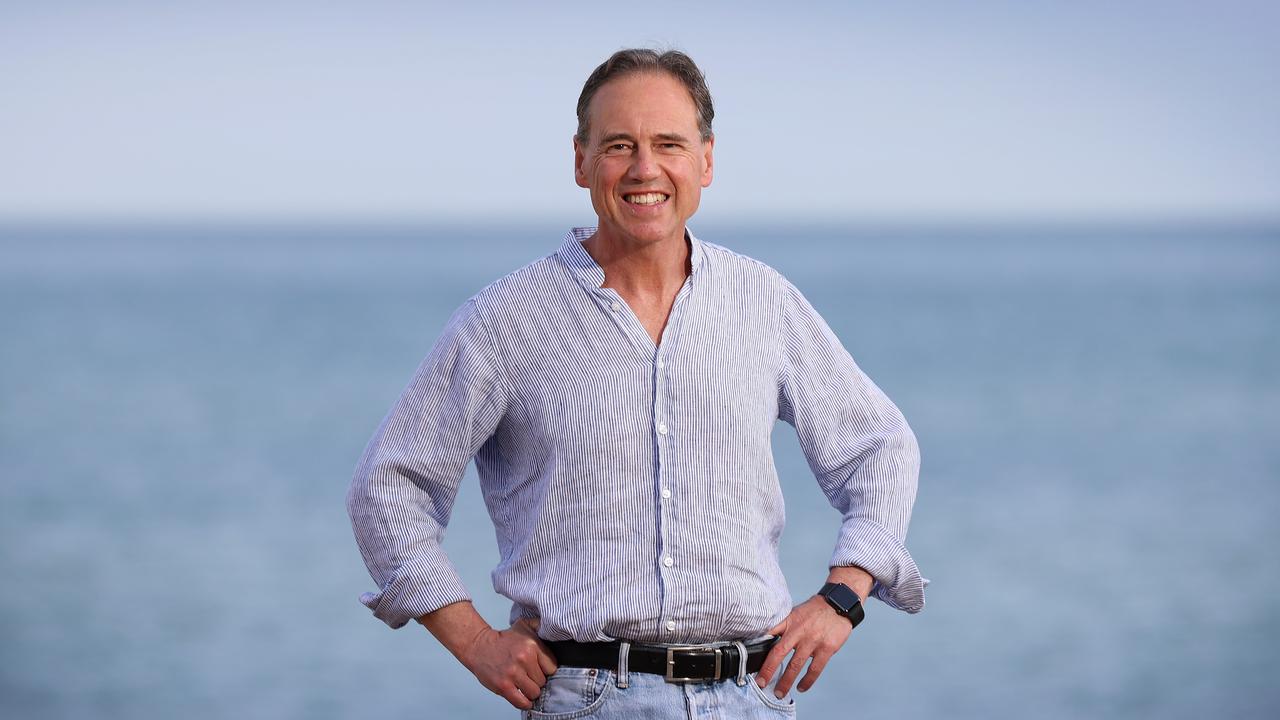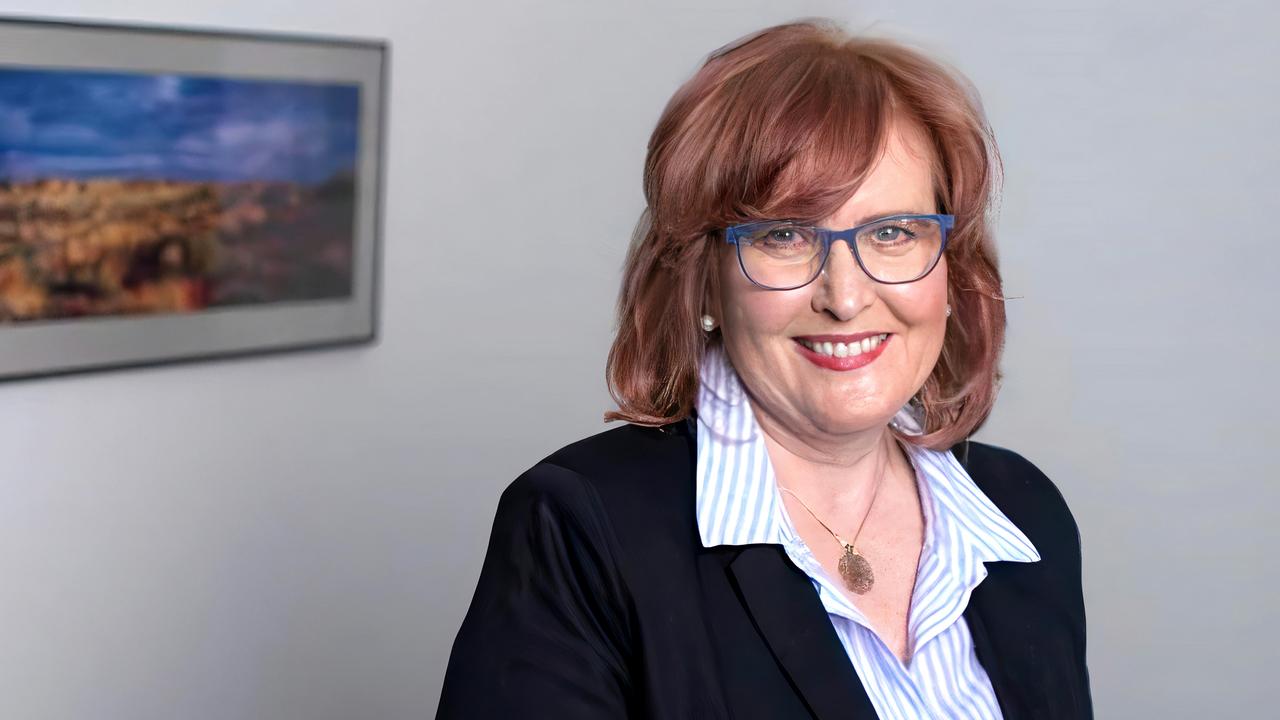Shock finding that GP wrap around care plan is not improving health
A major health reform plan that makes patients enrol with a single GP practice has been revealed to have one big flaw.
A major health reform plan that makes patients enrol with a single GP practice for wrap around care has been found not to work when put to the test.
A Flinders University study into the government trial, which issued GP practices $10,000 to enrol patients and then an extra $1000 per patient per year to provide extra care, found it did “not improve self-rated health”.
The reforms did not cut the number of health services used by patients or help them better understand their health problems.
While it did see a greater improvement in quality of life than usual GP care it wasn’t cost effective at doing so.
It would cost the government $70,000 for every extra year of improved quality of life patients experienced, the study found.
This is well above the $50,000 measure used to determine whether a high cost medicine is subsidised by the nation’s medicines subsidy scheme is worth the money.
In March, the Morrison Government released a Primary Health Care 10 Year Plan that had patient enrolment at its centre.

The Royal Australian College of General Practice (RACGP) and the Australian Medical Association (AMA) have both been calling for extra taxpayers’ money to back in the enrolment plan during the election campaign.
The Flinders University study found children and young people with acute conditions were meant to be guaranteed same-day general practice appointments.
They were provided with longer appointments (a practice the RACGP claims will improve care), and were meant to be followed up within seven days of any emergency department presentation or hospital stay.
But this often didn’t happen because of “preferred GPs not working on days when appointments for acute or urgent problems were requested”.
Patients made appointments with GPs at other practices (invariably standard length appointments).
There were also difficulties in providing follow-up after hospital care episodes when the GP practice were not notified by the hospital that their patient had used the hospital service.
The RACGP has been campaigning for a major investment in general practice in the election campaign with many GPs abandoning bulk billing as they come under severe financial pressure.

The RACGP released a Price Waterhouse Coopers report at the start of the election campaign which claimed GP reform could save the healthcare system at least $1 billion each year.
RACGP president Dr Karen Price said it was vital that decision makers did not “throw out everything on the basis of this one study” which she said was conducted before telehealth was allowed.
“I worry that policy is made on the run in view this someone will get up and politically say because it expedient, oh, it doesn’t work, and we and we get thrown to the wolves again” she said.
Australian Medical Association vice president Dr Chris Moy said the study results “reflect the poor implementation of the Government’s Health Care Homes model rather than Voluntary Patient Enrolment”.
“The AMA’s proposals link Voluntary Patient Enrolment to specific tangible increased support for practices to provide to improved care for patients such as increased nursing/allied health support, support for patients to obtain wound dressings, and to provide more after hours care,” he said.
“Health Care Homes was a disaster and we warned the government it would be the way they implemented it,” he said.
A spokesperson for Health Minister Greg Hunt said “this study does not in any way correlate to Government policy or practice. Any attempt to falsely represent it as indicative of Government policy is just plain wrong”.
“The AMA and RACGP have and continue to strongly support greater connection between a family and a GP,” the spokesperson said.
“The Government will work with them in that design. It is odd that anyone would support shallower rather than deeper connections between a doctor and patient.”
Opposition health spokesman Mark Butler said “it’s never been harder or more expensive for Australians to see a GP”.
“Scott Morrison’s Government froze the GP Medicare rebate for six years causing patient out of pocket costs to skyrocket,” he said.




